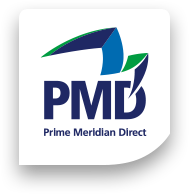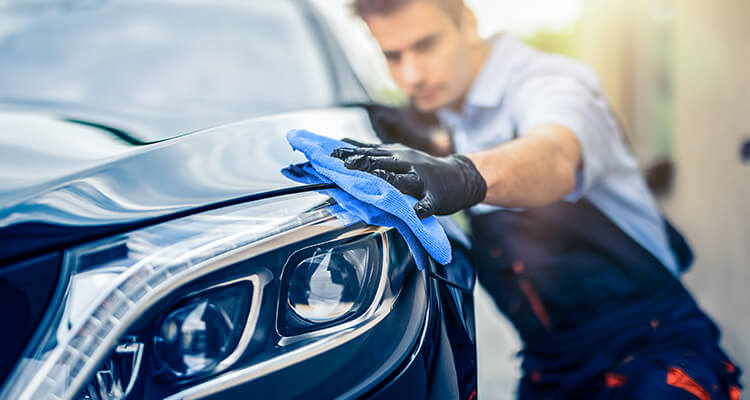Managing household budgets has become increasingly challenging for many motorists in South Africa. This could be attributed to many factors such as higher living costs due to high unemployment, or the increase in inflation. Another factor is that fuel prices continue to climb. To give you an idea of current fuel costs, consider the following: As of April 2022, filling a 45-litre tank with 95 octane unleaded petrol will cost you about R988, and R945 for 0.05% diesel. Put in another way, the Gauteng price is R21.23/litre of 95 petrol and R21.01/litre of 0.05% diesel. If you own a bakkie or SUV with a tank size of 80 litres, you’ll pay R1,756 for a full tank of 95 octane unleaded petrol and R1,680 for diesel.1
So, what could be the best solution in the future? The good news is that you can control how much you spend on fuel. This article is to help you look at some helpful tips to save fuel by as much as 40%!1
Accelerate slowly
Your driving style matters. Gradually accelerate using the low gears, and then faster through the middle gears before reaching the economic higher gears. This way, it should take about 20 seconds to get to 80 km/hour. Gradual acceleration means that you could use less fuel, allowing you more kilometres per tank.1
Enjoy a relaxed journey
Take it easy while driving. Unless you have an emergency, take pleasure driving in a relaxed way, knowing that you are saving yourself money in the long run. This approach to driving will save you a considerable amount of fuel as well as wear and tear on expensive items like tyres and brakes.1
Avoid stopping and starting
How often you stop while driving matters. It’s more economical to keep moving and flowing with the traffic while driving slower to time your approach when coming up to a traffic light.1
Check tyre pressures and wear regularly
Are your tyres properly pumped up? It’s essential to make sure that tyre pressures stay at the recommended level. It’s more difficult to move soft tyres along the road, making the car’s engine work harder, causing the car to use more fuel. Uneven wear on tyres, and incorrect wheel alignment, can also increase fuel consumption.1
Plan your route
Plan your trip before you drive. Use travel apps such as Google Maps or Waze to avoid congested routes that waste fuel and cause extra wear and tear to your car. Planning ahead of time, like deciding what you need to buy before leaving the house, can minimise unnecessary trips later.1
Know how to use the air conditioning
Your car’s air conditioning can use up to 5% of your fuel, and this increases greatly when the car idles. So, switching the air conditioner on only when your vehicle has reached cruising speed is better. Remember to keep all your windows closed to reduce drag and fuel consumption.1
What size car do you need?
Bigger isn’t necessarily better. Although driving a large, powerful car may be exciting, it tends to use a lot of more fuel, especially in city traffic, making it more expensive to run. On the other hand, a smaller but fuel-efficient car will be a pleasure to drive and park in the city surrounds and save you a considerable amount on fuel costs.1
Have your car serviced regularly
Regular servicing will mean your car’s engine will work at its best. If you ignore this, old oil, dirty air filters and worn spark plugs, amongst others, can cause your engine to use about 30% more fuel.1
Use available fuel-saving technology
Your car manual may show you various fuel-saving technologies, such as speed control.1
Disclaimer
This article aims to inform you about the various options that you have to save on fuel.1
Car insurance is crucial for protecting your car, but it can also save you money. But, even though you are paying lower premiums, value you receive from your car insurance policy is also important. So, contact Prime South Africa and learn more about their affordable car insurance products, world-class expertise, and unique benefits like fixed premiums* and a reduce-to-zero excess*. Ts and Cs apply. With such excellent cover, you can enjoy your journey with great peace of mind.
As with all financial services products, first consult a certified financial advisor to make sure the product is right for you.
Enjoy the benefits of these fuel-saving tips and perhaps more affordable car insurance.
Sources:








